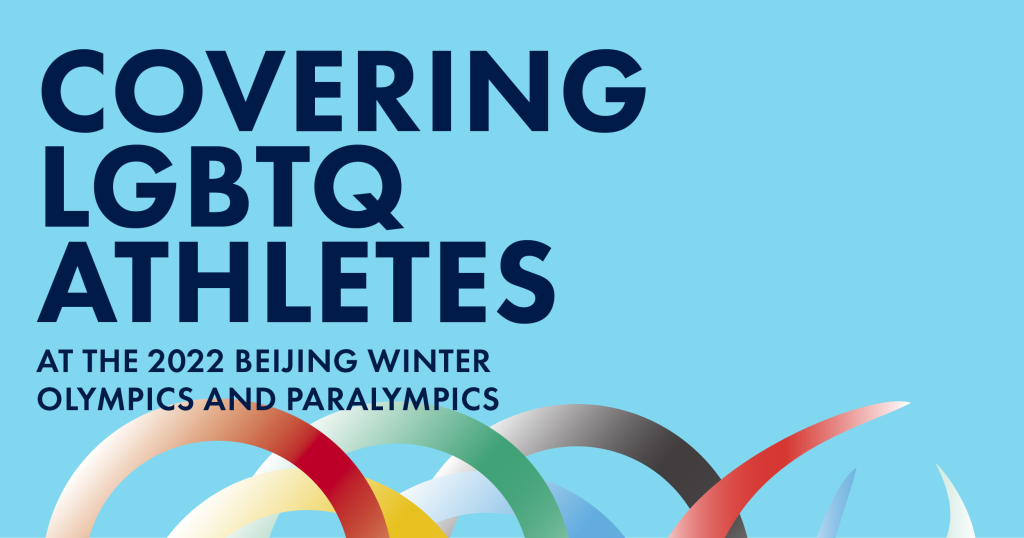U.S. sprinter Sha’Carri Richardson called out Olympic and anti-doping officials after she was denied a chance to compete in the 2021 Tokyo Olympics after testing positive for THC–a chemical component found in marijuana and a banned substance–while 15-year-old Russian skater Kamila Valieva was allowed to compete in the 2022 Beijing Olympics even though she too tested positive for a banned substance.
Valieva tested positive for trimetazidine–a heart medication–in December after she helped the Russian Olympic skating team win gold Feb. 8. The Court of Arbitration for Sport (CAS) said in a statement that Veliva is considered a “protected person” due to her age and that it would do Valieva “irreparable harm” if she wasn’t allowed to compete.
The difference between the two drugs–trimetazidine is a performance enhancer, while marijuana is not.
Richardson said in a series of tweets that the Russian figure skater has been treated with preferential treatment because she is white. Both athletes were favored in their prospective sports. Richardson, who was grieving her mother, smoked pot as a means to deal with her grief and was not considered for “irreparable harm” as a result.
“It’s all in the skin,” Richardson said in a tweet Monday.
Can we get a solid answer on the difference of her situation and mines? My mother died and I can’t run and was also favored to place top 3. The only difference I see is I’m a black young lady. https://t.co/JtUfmp3F8L
— Sha’Carri Richardson (@itskerrii) February 14, 2022
The U.S. sprinter also added that there was considerable difference in the way the tests were publicized. While the world is discovering Valieva’s failed test months later and after a gold medal victory, Richardson’s results were posted within a week of her failed test.
“…my name & talent was slaughtered to the people,” tweeted Richardson on Monday.
“We continue to witness scrutiny and policing of athletes who are Black, trans, and queer, while allowing white, cisgender athletes to bend and break the rules,” said Ross Murray, Vice President of the GLAAD Media Institute. “It’s time for policies around Olympic participation to apply to all athletes equally.”
Richardson secured the title as the fastest woman in America and her spot at the Tokyo Olympics after winning the 100-meter dash at the U.S. Olympic trials at 10.86 seconds last June. It was after this qualifier that she tested positive for THC and was suspended from the U.S. Olympic team as a result. The Louisiana State University track star took responsibility for her actions in an interview with NBC’s Today Show.
Richardson’s case was handled by the Anti-Doping Agency, not the CAS, which handled Valieva’s case. However, rules against marijuana have been, and are, used to implicate character, an ideology woven into racist origins of marijuana bans. In 2022 the ACLU reported on the disproportionate criminalization of marijuana on Black and Brown people compared to white people as marijuana decriminalization takes place throughout the U.S.
“The historic prejudice Black people endure under these archaic laws must not be allowed to continue a moment longer,” said the ACLU report.
There were numerous rules that kept Black Olympic athletes from competing in the 2021 Tokyo Olympics. As shared in a recent post, Namibian runners Christine Moma and Beatrice Masilingi were banned from competing in the 400-meter race at the 2021 Tokyo Olympics because their natural levels of testosterone were too high, a rule implemented in 2018 by World Athletics to keep competitions at a “level playing field.”
Richardson was not the only Olympic athlete to speak out.
Adam Rippon, U.S. Olympic figure skater and coach of U.S. Olympic figure skater Mariah Bell, said that the rules were implemented unfairly in a series of tweets.
“In the US if you fail a doping test you are out, plain and simple,” tweeted Rippon.
@adaripp Thoughts about the doping scandal here at the Olympics PART 1 #olympics2020 #doping #beijingolympics ♬ original sound – Adam Rippon
Rippon recapped his tweets in a TikTok video as well, saying the adults around the 15-year-old gold medalists have failed her and should be punished.
“The ROC has miserably failed its athletes and embarrassed themselves on the world stage yet again. My heart breaks for the Russian athletes competing in Beijing who will have everything they do at the Olympics questioned,” said Rippon. “That really–that really sucks and it’s not fair,” he continued.
When rules are inconsistently enforced they are called into question. In this case called into an account of favoritism due to racism.
GLAAD celebrates the historic 35 out LGBTQ athletes competing in the 2022 Winter Olympics. Alongside Athlete Ally, a national nonprofit working to elevate and advocate for LGBTQ athletes, and OutChina, an organization working to increase visibility of China’s LGBTQ population. GLAAD is proud to release a “Guide to Covering LGBTQ Athletes at the 2022 Olympics and Paralympics” as a resource to journalists and media professionals. You can access the guide here or use the QR code below:













